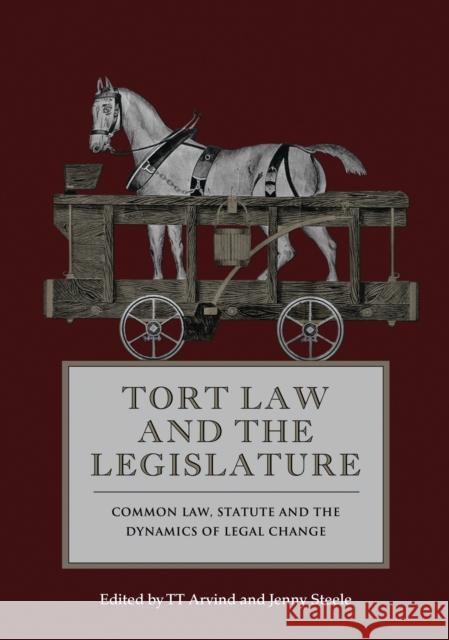Tort Law and the Legislature » książka
Tort Law and the Legislature
ISBN-13: 9781849461405 / Angielski / Twarda / 2012 / 546 str.
The study of the law of tort is generally preoccupied by case law, while the fundamental impact of legislation is often overlooked. At a jurisprudential level, there is an unspoken view that legislation is generally piecemeal and, at best, self-contained and specific; at worst, dependent on the whim of political views at a particular time. With a different starting point, this book tests such notions, illustrating, among other things: a) the widespread and lasting influence of legislation on the shape and principles of the law of tort; b) the variety of forms of legislation and the complex nature of political and policy concerns that may lie behind their enactment; c) the sometimes unexpected consequences of statutory reform; and d) the integration, not only of statutory rules, but also of legislative policy into the operation of tort law today. The apparently sharp distinction between judicially-created private law principles and democratically-enacted legislative rules and policies is therefore questioned, and it is argued that to describe the principles of the law of tort without referring to statute is potentially highly misleading. The book shows that legislation is not only important because of the way it varies or replaces case law, but because it also deeply influences the intrinsic character of that law, providing some of its most familiar characteristics. Tort Law and the Legislature provides the first extended interpretation of legislative intervention in the law of tort. Each of the book's essays, written by a leading tort scholar, deals with an aspect of the influence of legislation on the law of tort and explores the deeper lessons that can be learned about the nature of the law of tort and its changing role and functions over time.











